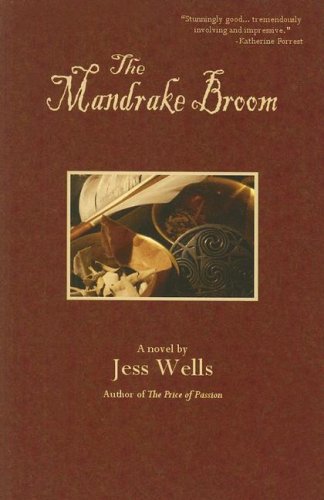The Mandrake Broom
In the early 1400s, women’s healing arts were respected and encouraged. Mid-century, the plague swept through Europe, changing the atmosphere to one of fear and blame. Luccia Alimenti is a nine-year-old girl living with her mother, an esteemed physician and professor, in 1465 Salerno, Italy. Fiona, her Irish godmother and protector, has healing talents of a more magical nature, and Luccia is becoming a skilled herbalist. Their chief medical text is near extinction, and Luccia’s family of single women accepts the responsibility to reproduce and distribute the texts to other women healers. Concurrently, the male doctors turn their focus to barbaric surgical techniques such as bloodletting and amputation without proper sanitation. Unfortunately, the women become caught up in the European witch hunts enflamed by the Malleus Maleficarum. Luccia’s life becomes dedicated to distributing herbs and literature and helping women escape from their oppressors, which comprises the bulk of this saga, spanning the years 1465 to 1540.
Wells’ detailed bibliography confirms her extensive research. Historical events such as the invention of the printing press and contributions of Paracelsus, an innovative 16th century physician, are elegantly woven into the plot. The origin of the witch’s broom stereotype and a description of early book production techniques are also engaging. The well-rounded characters, constant action, and captivating subject matter unite to enlighten as well as infuriate as the atrocities of the time period become real through Wells’ vivid writing. Perspective from the persecutors’ point of view comprises a small part of the novel, and provides insight into their motivations.
Reminiscent of Marion Zimmer Bradley’s Mists of Avalon series, Jess Wells’ third novel belongs on everyone’s reading list, especially of those who enjoy books about strong women willing to fight for their beliefs.










